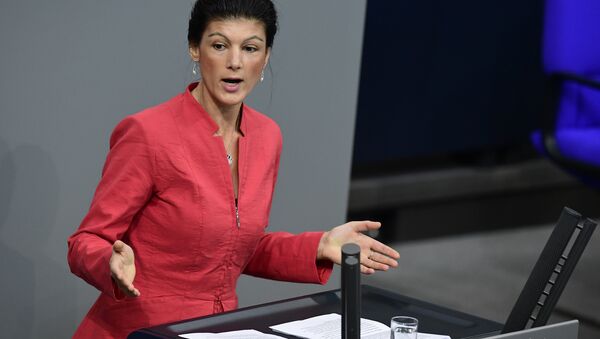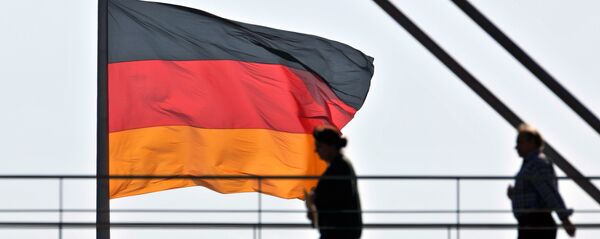In an interview with WAZ last week, Lindner spoke out for a course correction in dealing with Russia. Security and prosperity in Europe also depend on relations with Moscow, he said, adding that the Crimea issue must first be seen as a "permanent provision."
The conflict over the Crimean peninsula "will have to be encapsulated" in order to make progress in other areas, Lindner said. Furthermore, the FDP leader said European sanctions against Russia should not remain unchanged until the Minsk peace agreement is fully implemented.
"Even positive progress must be appreciated," he stressed.
Deputy spokeswoman of the German government Ulrike Demmer said on Monday that Lindner had been only expressing his personal opinion on the issue. The government has taken note of his statement, but nothing has changed in its stance regarding Ukraine, Demmer added.
In July 2014, the United States and European Union imposed sanctions against entire sectors of Russian economy over its alleged interference in Ukrainian conflict and annexation of Crimea. Nevertheless, over 60 delegations from dozens of countries have visited Crimea since then, defying Western restrictions. Most recently, a delegation from the German town of Heidelberg visited the peninsula in July, as part of efforts to develop the partnership between the two regions.


